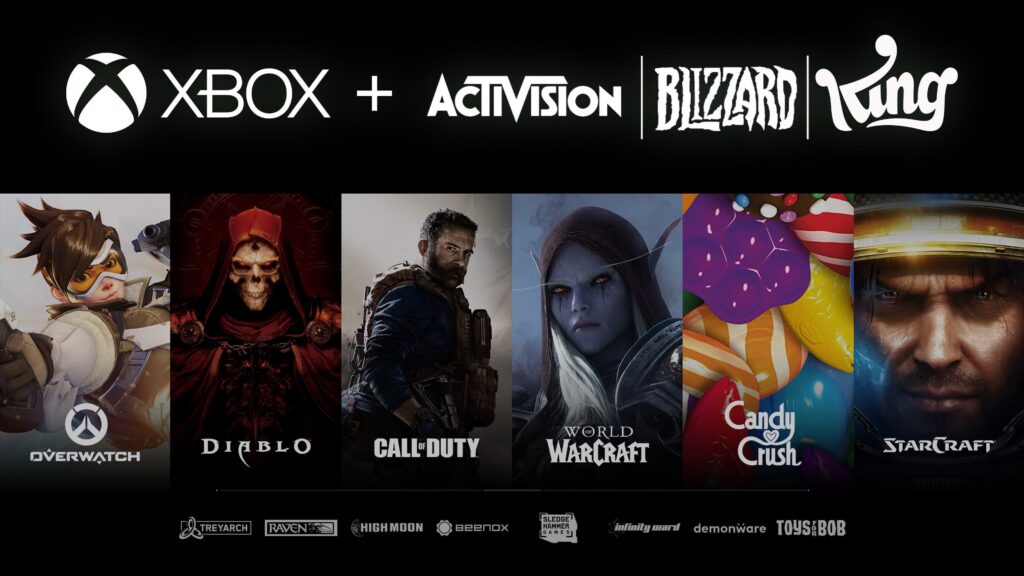In a monumental move that has been in the making for over a year and a half, tech giant Microsoft has successfully closed its $68.7 billion acquisition of game developer and publisher Activision Blizzard. This massive deal, announced in January 2022, is now officially the largest gaming acquisition in history and is poised to reshape the landscape of the gaming and esports industries.
The merger was far from a smooth journey, with regulators from around the world scrutinising the potential implications of Microsoft, a corporation already possessing Xbox, absorbing one of the world’s biggest game conglomerates. The primary concern was the potential monopolisation of the console space, as Microsoft could make Activision Blizzard’s renowned franchises exclusive to its Xbox platform. Furthermore, there was a keen focus on whether the acquisition could grant Microsoft a dominant position in the emerging cloud gaming market.
The first major hurdle for Microsoft materialised in late 2022 when the Federal Trade Commission (FTC) in the United States filed a lawsuit to block the deal. In the following year, U.S. courts denied the FTC’s efforts to seek a restraining order and preliminary injunction to thwart the merger. This paved the way for the FTC to ultimately allow the deal to proceed in July.
Across the pond, the United Kingdom posed another significant obstacle, with the Competition and Markets Authority (CMA) delivering a surprising rejection of the merger in April 2023. Throughout this challenging process, Microsoft offered various concessions to regulators, including long-term agreements with rivals like Nintendo, Sony, and Ubisoft. These concessions were instrumental in swaying the CMA, which finally approved the merger on October 13, thereby enabling the official closing of the deal on the same day.
With the completion of the merger, Activision Blizzard’s stock has ceased trading on the NASDAQ stock exchange, marking the end of an era for the company as an independent entity.
Microsoft’s CEO of the gaming division, Xbox, Phil Spencer, expressed his excitement in a company blog post, saying, “Today is a good day to play. I’ve long admired the work of Activision, Blizzard, and King and the impact they’ve had on gaming, entertainment, and pop culture.”
Activision Blizzard is no stranger to the esports world, boasting ownership of several prominent esports titles, such as Call of Duty, Overwatch, and Hearthstone. Additionally, they are the creators of other iconic gaming franchises, including World of Warcraft, Diablo, and mobile games such as Candy Crush through its subsidiary King.
This acquisition comes at a time when Activision Blizzard’s franchised esports leagues are grappling with uncertainty. The Overwatch League, for instance, is on the verge of an important vote regarding its future. This follows years of dwindling viewership and discontent among franchise owners due to high operating costs and unfulfilled revenue promises.

